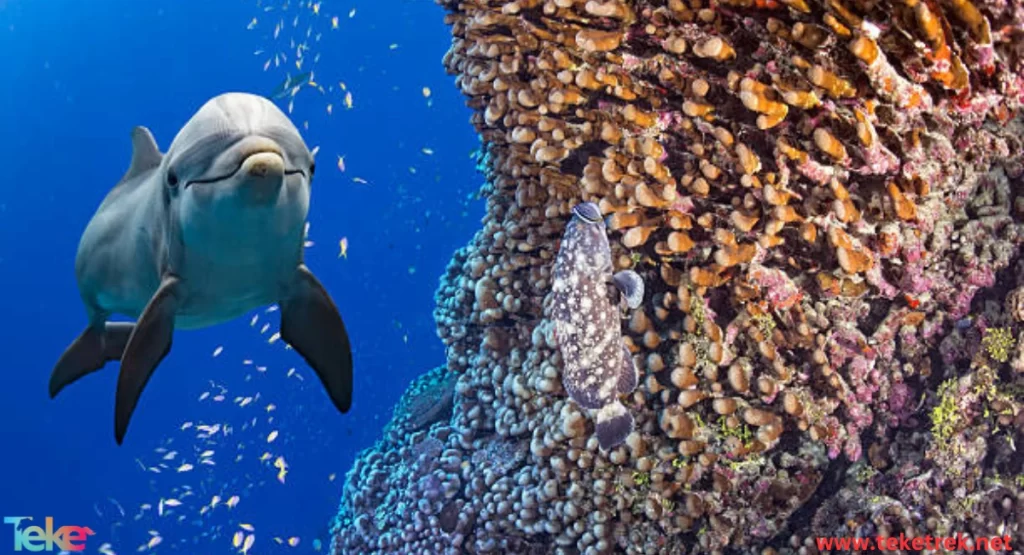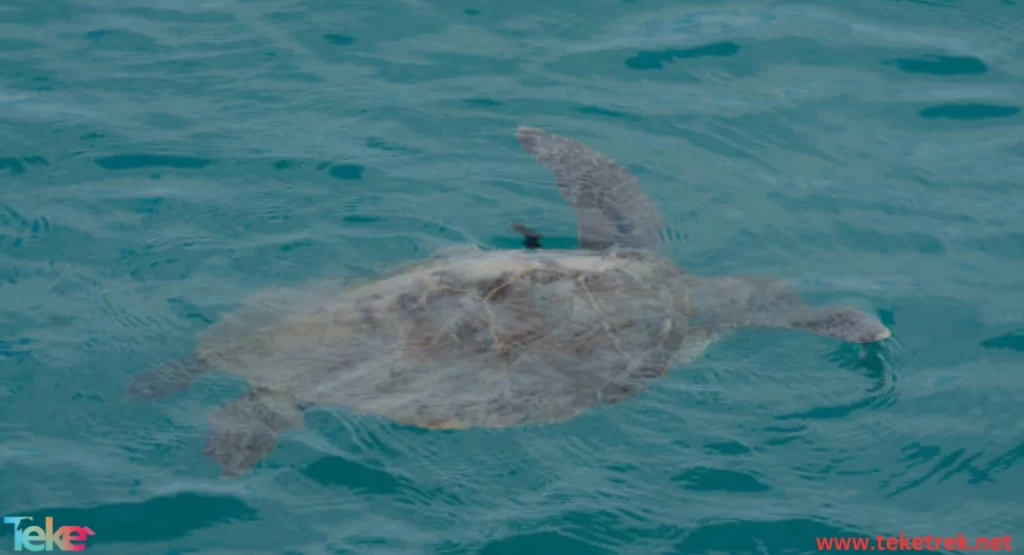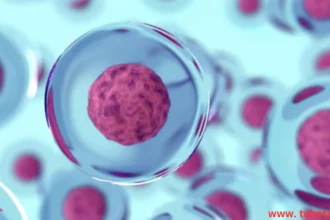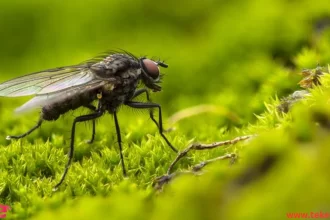Marine life is generally considered the basis of the ecological balance on planet Earth, as oceans represent more than 70% of the Earth’s surface and provide a home for millions of marine organisms. However, these organisms face major environmental challenges that threaten their survival, as climate change, pollution, and overfishing have become the biggest risks that cast a shadow on marine life. Therefore, in order to protect these animals, it is necessary to understand these challenges in order to find sustainable solutions that protect our oceans from collapse. In this article from teketrek, we will learn about the most important of these challenges and the best strategies that can be followed to protect marine animals.
Marine pollution
Marine pollution is one of the biggest dangers facing marine animals, as studies indicate that plastic waste is considered one of the most dangerous pollutants that threaten the marine environment, with more than 8 million tons of plastic ending up in the oceans annually, creating an environment unsuitable for marine organisms.
In addition, plastic does not decompose easily, but rather disintegrates into tiny particles known as “microplastic”, which causes these particles to enter the food chains, threatening the lives of marine organisms and the humans who depend on them.
In addition to plastic, pesticides and fertilizers discharged into the oceans pose a major risk because they lead to the phenomenon of “oxygen decomposition” or what is known as “dead zones”, which are marine areas completely devoid of oxygen, making them incapable of supporting life.

Climate change
Climate change is another challenge threatening marine ecosystems. As global temperatures continue to rise, water temperatures also rise, causing severe damage to coral reefs known as “sea forests”.
It is worth noting that coral reefs play a pivotal role in supporting marine biodiversity, but they suffer from the phenomenon of “coral bleaching”, a condition in which corals lose their color and die as a result of heat stress. In addition, the negative impact of rising water temperatures on fish migration and reproduction patterns, which causes an imbalance in food chains, and the melting of polar ice leads to rising sea levels, which affects the natural habitats of marine organisms.
Overfishing
Overfishing poses a major threat to marine biodiversity, and exceeds the natural limits of species sustainability, leading to an unprecedented decline in fish numbers.
In addition, illegal fishing or fishing using illegal means such as large nets affects endangered species, such as sea turtles and sharks.
In addition, one of the most prominent problems is bycatch, where non-target organisms such as dolphins and seabirds are caught in nets, leading to their useless death, so we see that these practices not only threaten marine species but also affect local economies that depend on fish stocks.

Best Dog Food: Your Guide to Choosing the Perfect Food for Your Dog
Protecting marine life
To protect marine life and preserve biodiversity in the oceans, serious steps are needed, including:
- Reducing the use of plastic: It is necessary to raise awareness of the importance of reducing daily plastic consumption, and support policies that aim to reduce plastic waste in the oceans.
- Establishing marine reserves: Efforts must be intensified towards establishing marine reserves that prohibit fishing in certain areas, which gives marine species a chance to recover.
- Monitoring industrial activities: Working to implement strict laws to regulate the discharge of industrial and agricultural waste into the oceans to prevent pollution.
- Encouraging sustainable fishing: Supporting initiatives that encourage sustainable fishing by using modern technologies that reduce the impact of bycatch.
- Environmental education and awareness: Spreading awareness about the importance of the marine environment among individuals and institutions through media campaigns and awareness events.
- Investing in renewable energy: It is necessary to reduce dependence on fossil fuels to reduce carbon emissions and thus reduce the effects of climate change.
At the end of our article, we see that marine life faces increasing threats that require us to take urgent action to ensure the sustainability of our oceans, as marine pollution, climate change and overfishing negatively affect the marine environment and its living organisms, so it is necessary to find a specific solution to each problem, starting from enhancing individual awareness and reaching the implementation of firm global policies. It is time to assume our responsibility towards marine organisms and take actual steps to maintain the balance of our environment, and every small step towards change contributes to creating a better and longer lasting future for future generations.





